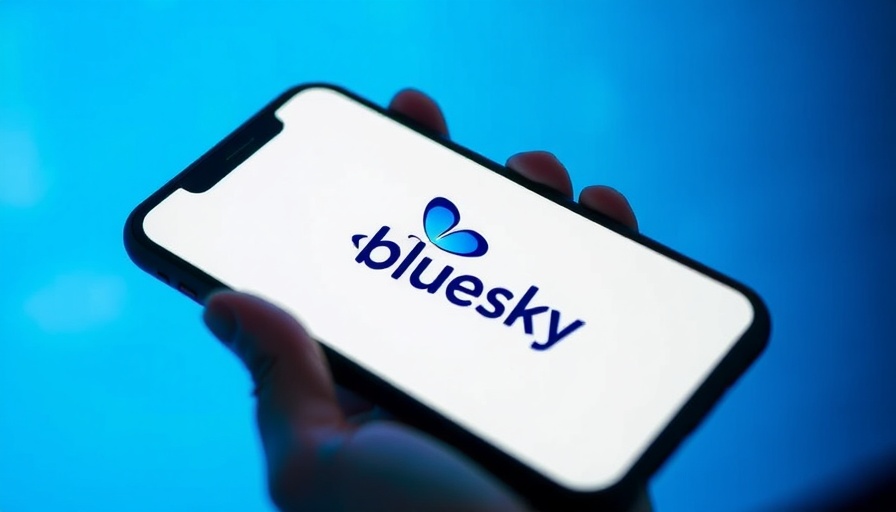
Bluesky's New Proposal: User Data and AI Training at a Crossroads
In a bold move towards redefining user control over data, social network Bluesky has proposed a new framework that could potentially alter how users engage with their posts and data. The proposal aims to give users the option to signal whether their content can be used for purposes such as generative AI training or public archiving. This initiative, discussed by CEO Jay Graber at South by Southwest, has sparked intense debates among users and experts alike.
The Reaction: Users Express Concerns
Some users have expressed alarm regarding Bluesky’s apparent shift in policy, with many fearing that it undermines the platform's commitment to safeguarding user privacy. User Sketchette poignantly stated, "The beauty of this platform was the NOT sharing of information. Especially gen AI. Don’t you cave now!" This sentiment was echoed by numerous others who are wary of the potential implications for their data privacy.
Understanding the Proposal: A New Standard for Data Usage
Graber’s defense centers around the fact that generative AI already utilizes public data scraped from various platforms across the web, including Bluesky. The proposed framework intends to create a “new standard” akin to the robots.txt file used by websites, which informs web crawlers about permissions and access. Ultimately, it is designed to empower users by allowing them to specify their preferences regarding data usage across four categories: generative AI, protocol bridging, bulk datasets, and web archiving.
The Ethical Dilemma: Do Consent Mechanisms Matter?
The introduction of consent signals is seen by some experts as a vital step toward responsible data governance. According to Molly White, a renowned commentator on technology and ethics, the proposal may not invite AI scraping, but rather seeks to enhance user transparency within an already fraught landscape. Yet she cautioned that relying on scrapers to respect these signals could invite ethical dilemmas. "We’ve seen companies bypass existing standards like robots.txt. Will this new method fare any better?" she queried.
Comparing Bluesky With Other Platforms: The Unique Challenge
Bluesky distinguishes itself as an open and decentralized social platform, presenting a direct counter to other social networks that have faced criticism for mishandling user data. However, this openness also exposes the platform to new vulnerabilities; as reported by TechCrunch, Bluesky's Firehose API recently allowed a Hugging Face employee to scrape one million public posts for AI research, raising questions about data consent and security.
The Future of Bluesky: Balancing Innovation and Privacy
As Bluesky moves forward with its plans, the balance between transparency and user privacy will remain a significant focus. With regulatory scrutiny on the rise, particularly in the EU where Bluesky faces claims of violating the Digital Services Act, the implications of this proposal could have far-reaching consequences. User trust hangs in the balance as the platform navigates the complexities of AI ethics and data governance.
Seeking a Sustainable Path Forward
The ongoing debates surrounding Bluesky’s data use plans serve as a broader reflection of the urgent need for more robust industry standards regarding consent and data governance in the age of AI. As users become more discerning about their digital footprints and demand greater transparency, Bluesky has the opportunity to lead by example if it can effectively integrate user feedback into its evolving data policies.
Conclusion: Taking Action in the Digital Age
In a time where technology is rapidly evolving, understanding your rights and options regarding data usage is crucial. Bluesky's proposed framework is a notable attempt to address user concerns and could establish a precedent for user-centered data policies. Transitioning to a user-consent model may pave the way for more ethical AI practices across platforms. As users, it is important to remain engaged, informed, and proactive in discussions about privacy and data ownership.
 Add Row
Add Row  Add
Add 



Write A Comment